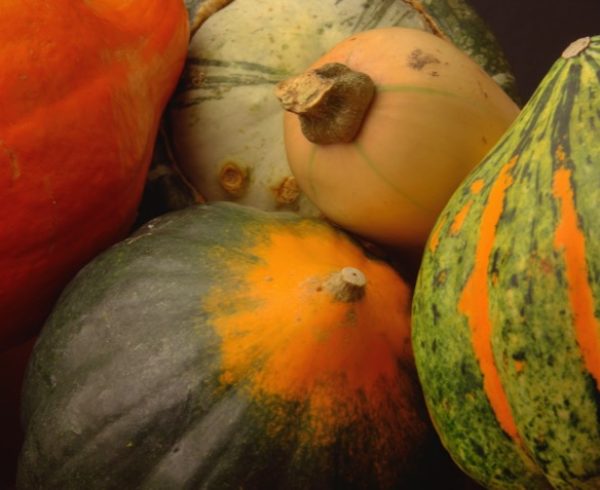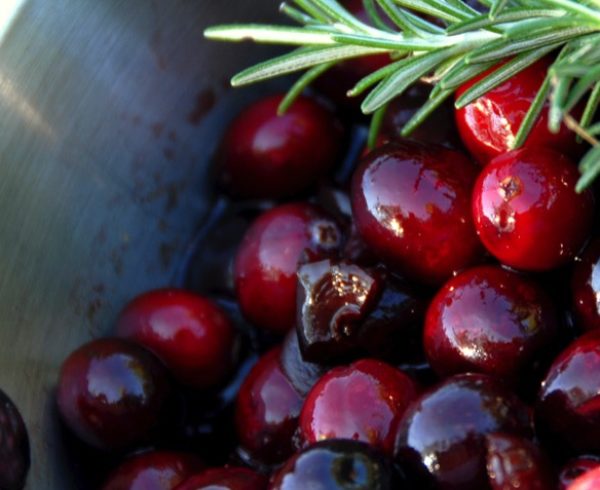Sure, okra may be commonly associated with the South, but it grows well anywhere cucumbers and eggplants thrive. Here’s what you can do with okra.
Seasonal Availability:
Wisconsin farmers grow and harvest this vegetable mid-July through September, depending on the region.
Health Benefits:
Just a cup of this raw veggie has 14% of your daily value of magnesium, vitamin B6, and vitamin A (important for your vision and immune system, among other things). This serving size also has a quarter of your daily values of vitamin C and vitamin K.
How to Select:
Look for firm pods no longer than three inches in length. Longer ones are tough and will probably become unappetizingly slimy when cooked.
How to Store:
You can keep fresh okra in the refrigerator (in a paper bag) for only a day or two. So, you should plan to use or preserve it soon after purchase. It can be frozen or pickled for longer preservation.
How to Prepare:
Trim the woody stems from the top of the pod before cooking. Sure, classically deep-fried okra tops the list of uses, but this vegetable can be pan-fried, baked, and broiled. If cooked improperly, okra can turn unappealingly slimy. But this can be avoided by selecting small pods and cooking them at a dry, high heat (above 190F). In recipes that use okra with moisture, consider pre-salting the okra and letting it sit before rinsing and adding to the recipe; this removes some of the liquid from the pods. Or, use the gelatinous characteristic to your advantage: okra works as a thickener in dishes like gumbos, jambalayas, curries, and stews. Add 2-inch slices of it to your skewers next time you’re grilling kabobs; or brush okra with olive oil, add Cajun seasoning, and grill alongside shrimp.
Recipe: Pickled Okra
Have you ever had pickled okra? Leave it to Southerners to tell us one of the best ways to make this veggie: salty, briny, with a juicy snap. Need a refresher on pickling? Check out this link.
Recommended reading:
Let Cook’s Illustrated take away any unfamiliarity with any unusual vegetable with Vegetables Illustrated, which has (among others) recipes for Okra Sautéed, Roasted with Fennel and Oregano, and Greek Stewed with Tomatoes. The book is available at your local Hudson Area Public Library.
What about you?
Have you used okra before? Let us know your favorite recipes over on our Facebook page!
Want to see more local, fresh produce in your fridge? Consider becoming an owner of the Hudson Grocery Cooperative—which will be a locally-owned, full-service grocery store that offers diverse food and product choices including organic, sustainable and regionally sourced options for our community.
Image and recipe credit: Welcome to the Table







Leave a Comment